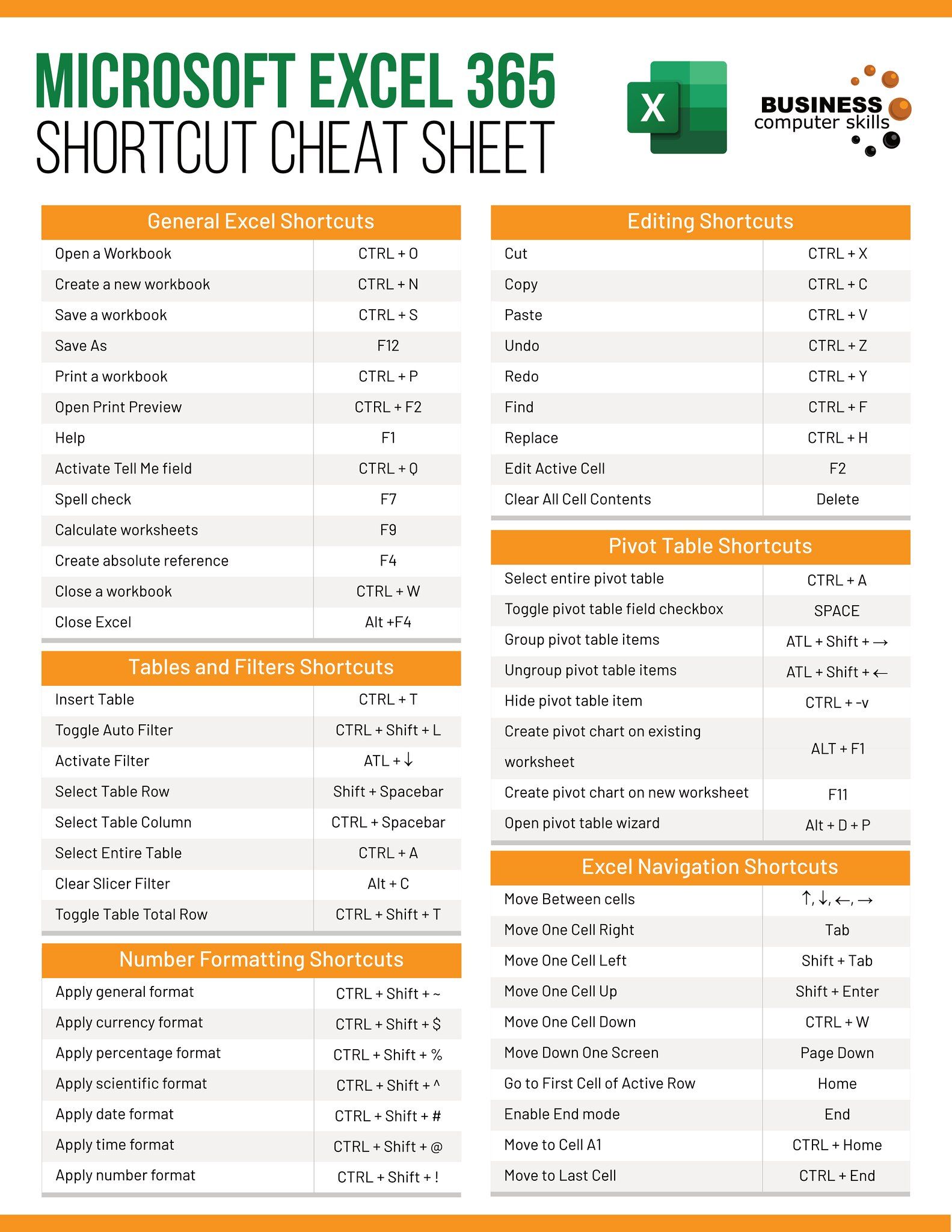Organize Your Home Paperwork and Bills Efficiently

Managing the influx of paperwork in our homes can quickly become overwhelming. From utility bills and insurance documents to personal correspondence, the pile can grow monstrous if not handled with care. This comprehensive guide will walk you through the steps to efficiently organize your home paperwork and bills, ensuring you always have the right document at hand without drowning in paper clutter.
Understand What to Keep

- Bills: Keep them for a year or until you get a new copy of the previous year’s payment history.
- Bank Statements: Monthly statements can be retained for a year. However, if you receive an annual statement, you might only need to keep that.
- Insurance Policies: Keep the current policy and any past claims records.
- Tax Records: Retain for at least 3-7 years depending on your country’s laws.
- Legal Documents: These include birth certificates, marriage licenses, wills, etc. Keep these forever.
Sorting and Categorization

Start by sorting your papers into categories:
- Finance (bills, bank statements, tax documents)
- Legal and Identity (passports, insurance)
- Medical Records
- Household (warranties, manuals)
📌 Note: Use different colored folders or labels for quick visual identification.
Paper Management System

A well-structured paper management system includes:
- Designated Space: Set up an area specifically for paperwork, ideally near where you handle your mail or financial matters.
- File Folders: Use manila folders, hanging files, or binders with clear pockets for organizing documents.
- Labels: Clearly label each folder or binder. Use descriptive names to make finding documents easy.
- Sorting Box or Tray: Place incoming mail here to be processed later.
- Shredder: Have one for confidential documents that you don’t need to keep.
Here’s an example of how to organize your finance files:
| Category | Sub-Category |
|---|---|
| Bills | Electricity |
| Gas | |
| Water | |
| Bank Statements | Checking |
| Savings | |
| Credit Card |

Dealing with Digital Documents

- Scanners: Invest in a document scanner or use your phone with a scanning app.
- Cloud Storage: Utilize services like Google Drive, Dropbox, or OneDrive.
- Password Management: Use strong, unique passwords for your online storage accounts and consider a password manager.
- Backup: Regularly backup your digital files to an external drive or cloud services for safety.
💡 Note: Remember to follow the 3-2-1 backup rule: 3 copies of your data, on 2 different media, with 1 off-site backup.
Handling Bills

- Set Up Automatic Payments: This reduces the need for physical bill management.
- Create a Bills Calendar: Keep track of due dates with reminders.
- Electronic Statements: Opt for e-statements to reduce paper clutter.
- Monthly Check: At the end of each month, go through your statements and bills to ensure everything is in order.
Record Keeping

Keeping records organized will make your life much easier:
- Filing: Physically file your important documents after sorting them.
- Logging: Keep a logbook or use an app to track what you file and when.
- Archiving: For old documents, consider archival storage or digital conversion.
Final Thoughts

With the right tools and organizational habits, managing home paperwork can become a straightforward task rather than a daunting chore. Whether you opt for digital solutions or prefer physical folders, staying on top of your paperwork ensures you can find what you need when you need it. This reduces stress and can save time and money by avoiding late fees or missed deadlines.
Remember, the key to efficient organization is consistency. Set aside time each week to manage your paperwork. This habit will make maintaining your system much simpler and more effective. By categorizing, sorting, and automating where possible, you'll transform the chaos of paperwork into a well-managed system.
How long should I keep utility bills?

+
Keep utility bills for a year or until you receive the next year’s statements, as long as you don’t need them for tax purposes or property transactions.
Is it necessary to keep hard copies of everything?

+
No, you can opt for digital backups, but legal documents like wills, birth certificates, and property titles should be retained in both hard copy and digital formats.
What should I do with documents that contain sensitive information?

+
Shred these documents before disposing of them to prevent identity theft.



